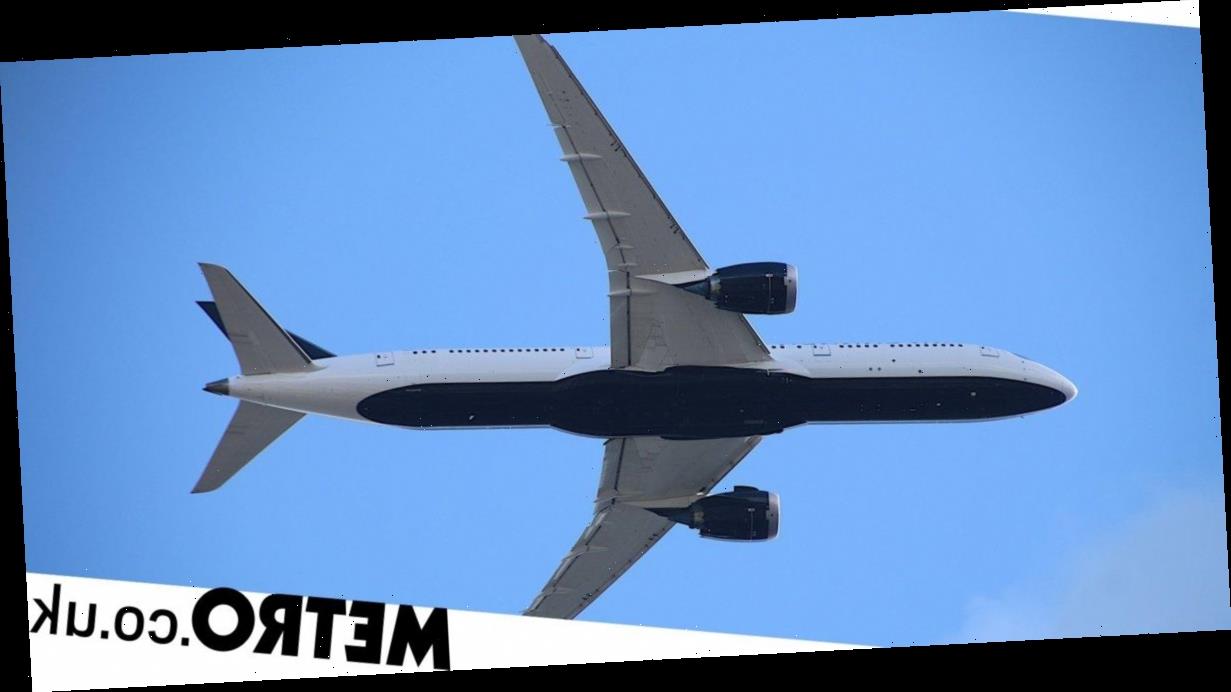Anyone having trouble with their computer may be told to just switch it off and on again to let the system sort itself out.
Well, Boeing has been given the same advice by US air safety officials for its 787 Dreamliner plane. Specifically, each plane (which cost upwards of $150 million apiece) have to be switched off and on again every 51 days.
According to the US Federal Aviation Administration (FAA) that’s to prevent ‘potentially catastrophic failure scenarios,’ where incorrect data is fed through the plane’s systems to the pilots.
The FAA has passed an airworthiness directive that states the power cycling is needed to make sure ‘stale’ data on things like airspeed and altitude isn’t passed to the pilots by mistake.
Usually, the plane’s on-board computer is capable of sorting out this old data but for whatever reason, the 787’s common core system (CCS) doesn’t filter out the stale data from some key flight control displays.
‘Boeing identified a potential scenario in which 787 data transmission could be delayed after many days of continuous airplane power on,’ a Boeing spokesperson told Metro.co.uk in a statement. ‘On Jan. 16, 2020, Boeing recommended mitigating action to 787 customers to correct the issue.
‘In addition, a permanent fix will be issued in the coming months. The FAA Immediate Adoptive Rule mandates the action to 787 operators that Boeing recommended.’
The Dreamliner, Boeing’s newest and most technologically-advanced aircraft, was hit with a string of problems since it began flying – and that after delays of more than three years before it was made available to commercial operators.
Despite the early issues, the Dreamliner has emerged to set a record for the longest ever non-stop commercial flight. A 787 owned by Qantas flew from New York to Sydney, spending 19 hours and 16 minutes in the air.
Like other companies, Boeing has been affected by the current covid-19 outbreak and has suspended 787 production at a facility in North Carolina in the US.
‘It is our commitment to focus on the health and safety of our teammates while assessing the spread of the virus across the state, its impact on the reliability of our global supply chain and that ripple effect on the 787 program,’ said Brad Zaback, vice president and general manager of the 787 Program and BSC site leader.
Source: Read Full Article

